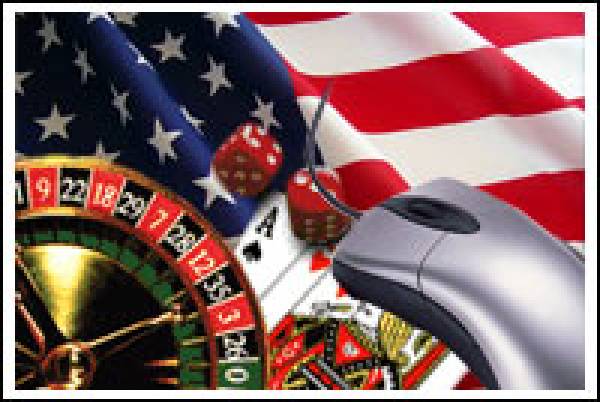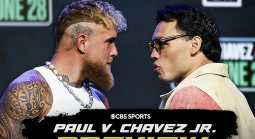Oversight Hearing on the U.S. Department of Justice Opinion on Internet Gambling Recap

An Oversight Hearing on the U.S. Department of Justice Opinion on Internet Gambling was held Thursday afternoon.
When it comes to legalized online poker in the US, Chairman Akara said “Tribal casinos concerns must be considered (before legalizing).”
Mark Udall, U.S. Senator from Colorado, advised that it was critical the Indian nations play an important role in decisions related to the legalization of online gambling in the U.S.
Robert Odawi Porter, representing the Senaca Nation, expressed concerns over protection of existing jobs and to preserve Tribal casinos rights to participate as partners in the new industry. He noted that states like Nevada and New Jersey are looking to shove the Tribal casinos away.
“Internet gaming if not regulated locally will bleed dry the area around Indian country,” said Porter. He demanded the tribal casinos must have a seat at the table. He point out that these cash starved states are acting as predators.
“There is much we can do collaboratively that will benefit us all,” he stated.
Porter noted that the current online poker environment with sites based outside the USA has not had a tremendous negative impact on Tribal casinos.
Witness Professor Kevin K. Washburn of the University of New Mexico noted that the U.S. Justice Department’s sudden change of stance late in December not to apply the Wire Act to poker has created a “Wild West atmosphere” where “the state’s have forced Congress’ hand”.
Noted industry attorney I. Nelson Rose testified that few states would opt out of any legalization, among them Utah and quite possibly Alabama. Rose proposed that Tribal casinos might not have the funds to pay for a license but have the power to require they should automatically obtain at least one license, with the implication being that they would not have to pay.
When asked how the tribes might fit into state compacts, Rose was especially blunt in his assessment.
“They are not fitting in,” said Rose. “The main problem is the tribes simply haven’t been included in this. They can do a lot but only on their land, unless the states agree or Congress acts.”
Attorney Patrick W. Fleming, representing the Poker Players Alliance, testified that poker does not represent a threat to the Tribal casinos as only a small portion of patrons who visit these establishments play poker.
“I actually believe that Internet poker can benefit Indian casinos,” he said. “There is a symbiotic relationship between those who play poker online and those who play live.”
Online players, he pointed out, want to be in a social environment that could only be found in brick and mortar casinos.
- Chris Costigan, Gambling911.com Publisher














